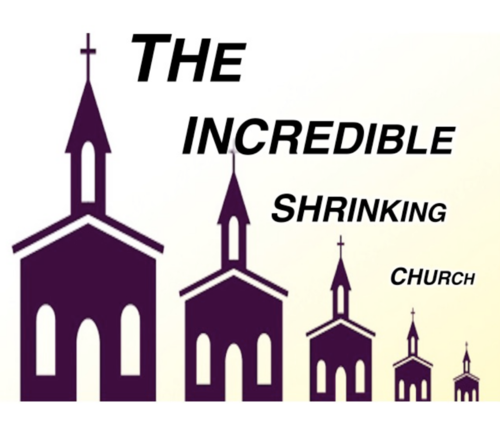Everyone had to know that the fall of Roe v. Wade would be the top pick in the Religion News Association’s annual poll to determine the Top 10 religion-beat stories of 2022. That would have been the case, even if the RNA hadn’t created two lists this year, one for U.S. stories and one for international stories.
Why? I’ve been following this poll closely since the late 1970s and once interviewed the legendary George Cornell of the Associated Press about his observations on mainstream religion-news coverage trends during his decades on the beat.
Let’s briefly review some of the factors that shape this list year after year, since this topic was discussed during the final 2022 “Crossroads” podcast (CLICK HERE to tune that in). This episode was recorded while we wrestled with rolling power blackouts here in the frigid hills of East Tennessee. See if you can guess where we had to do a patch and start again!
First of all, the RNA top story will almost always be a hot political event or trend — with a religion angle. Politics, after all, is REAL news. Think White Evangelicals and Bad Man Orange. Second, it helps if stories feature clashes between religion and sex, usually in one of the progressive Mainline Protestant churches or, ideally, Roman Catholicism. Think Joe Biden, Catholic bishops and just about anything (especially if Pope Francis is involved). After that, you have slots for wars, natural disasters and newsy papal tours.
The fall of Roe v. Wade had it all, putting a core Sexual Revolution doctrine at risk, to one degree or another, depending on the blue, red or purple state involved.
I will not run through the contents of the whole RNA list. However, it’s interesting to note the wordings in some poll items, paying attention to what is included and what is NOT included therein. For example, here is No. 1 in the U.S. list:
The Supreme Court overturns the 1973 Roe v. Wade precedent and says there is no constitutional right to abortion, sparking battles in courts and state legislatures and driving voters to the November polls in high numbers. More than a dozen states enact abortion bans, while voters reject constitutional abortion restrictions in conservative Kansas and Kentucky and put abortion rights in three other states’ constitutions.
What is missing in that complex item?










